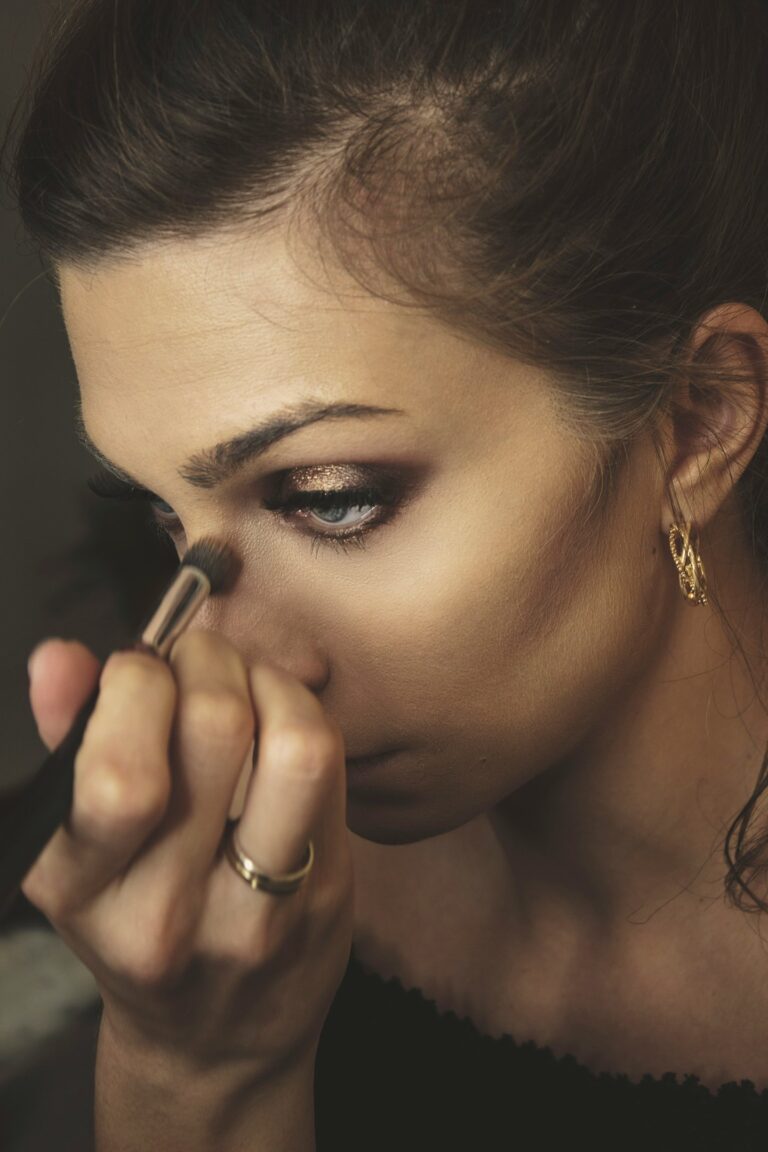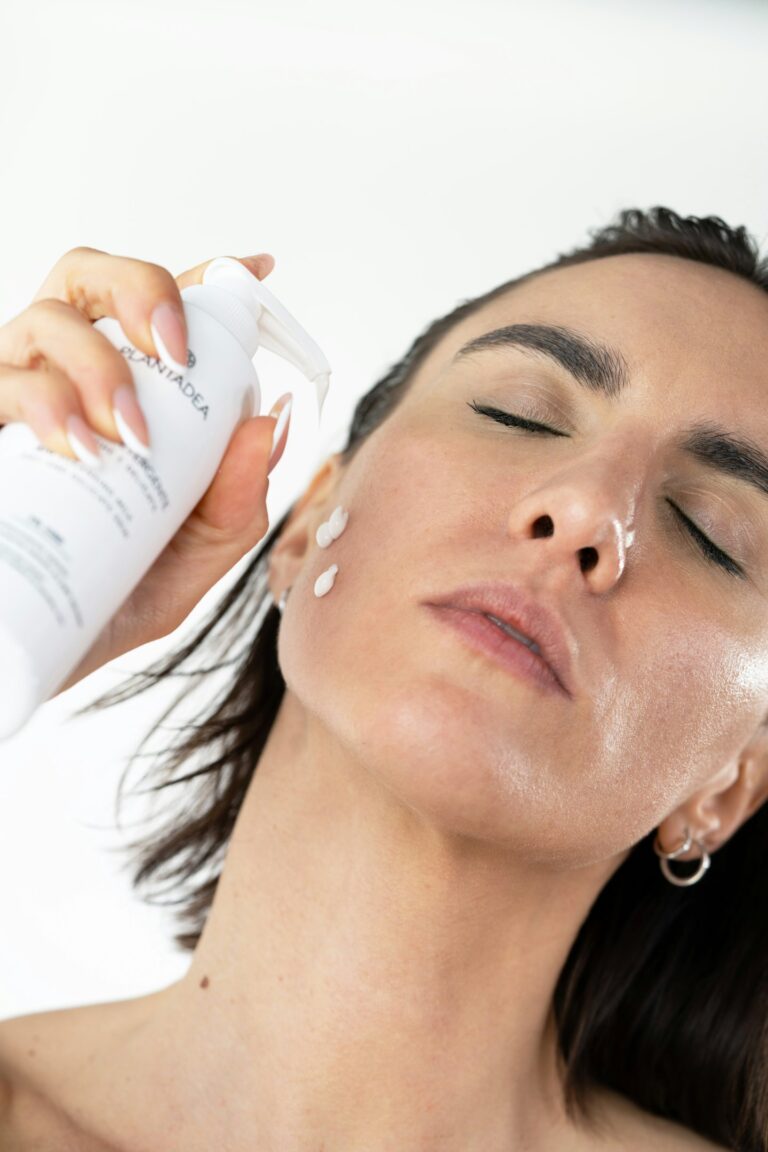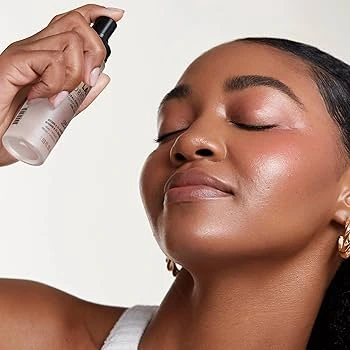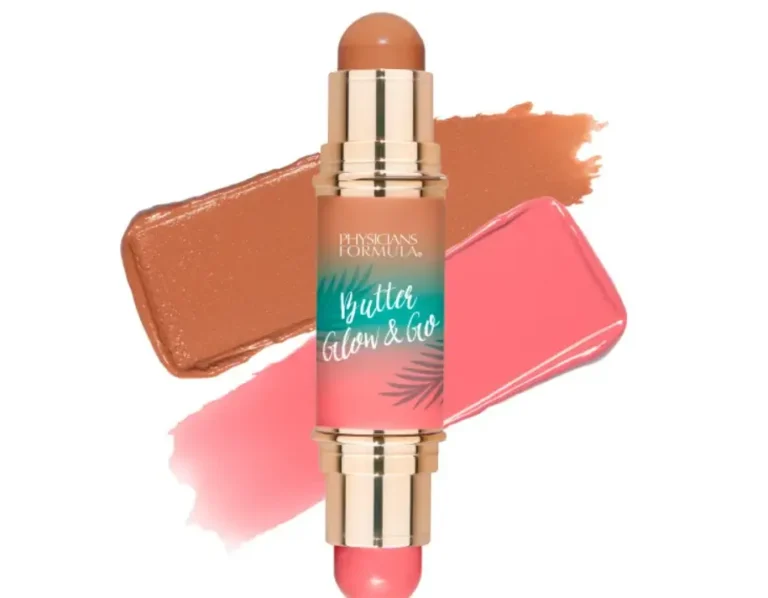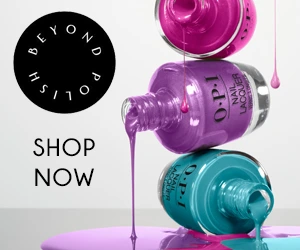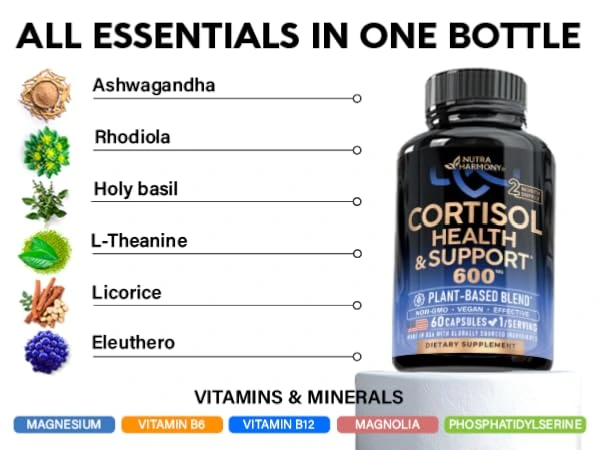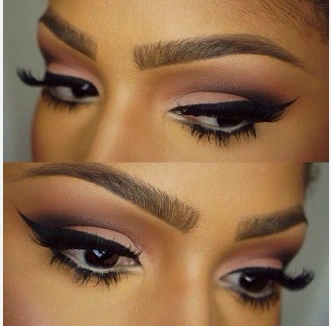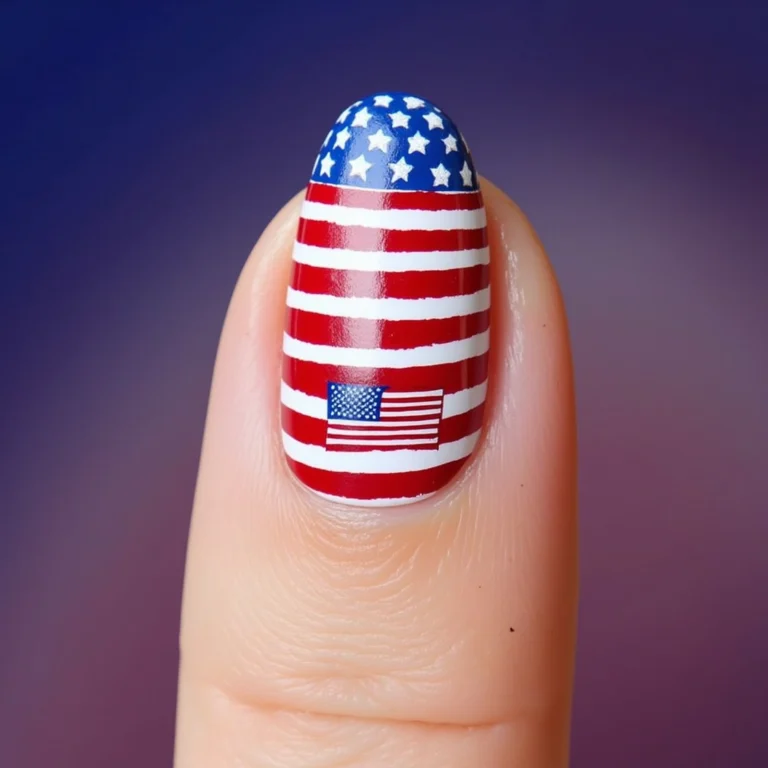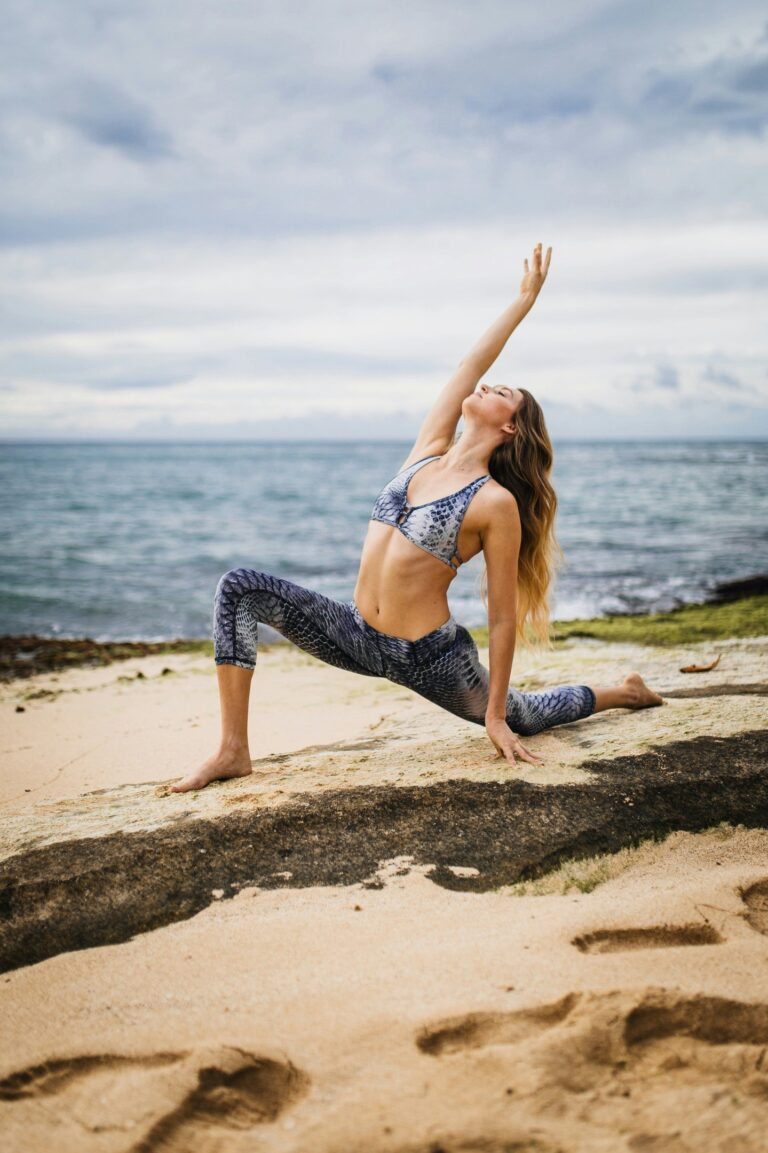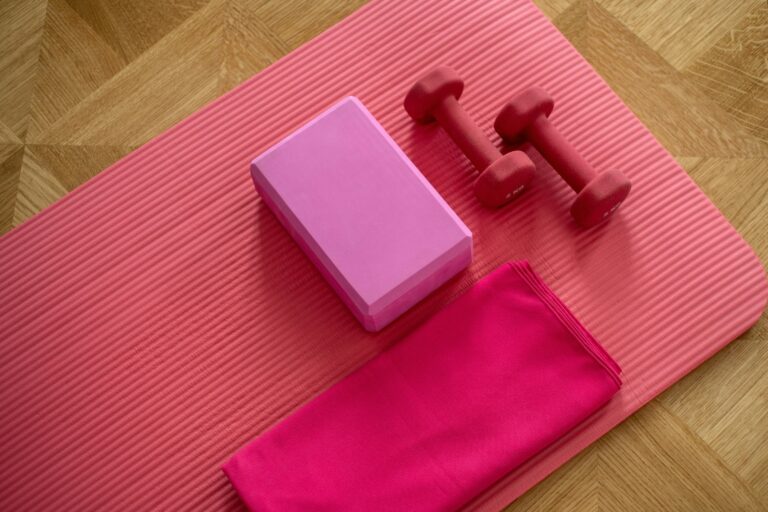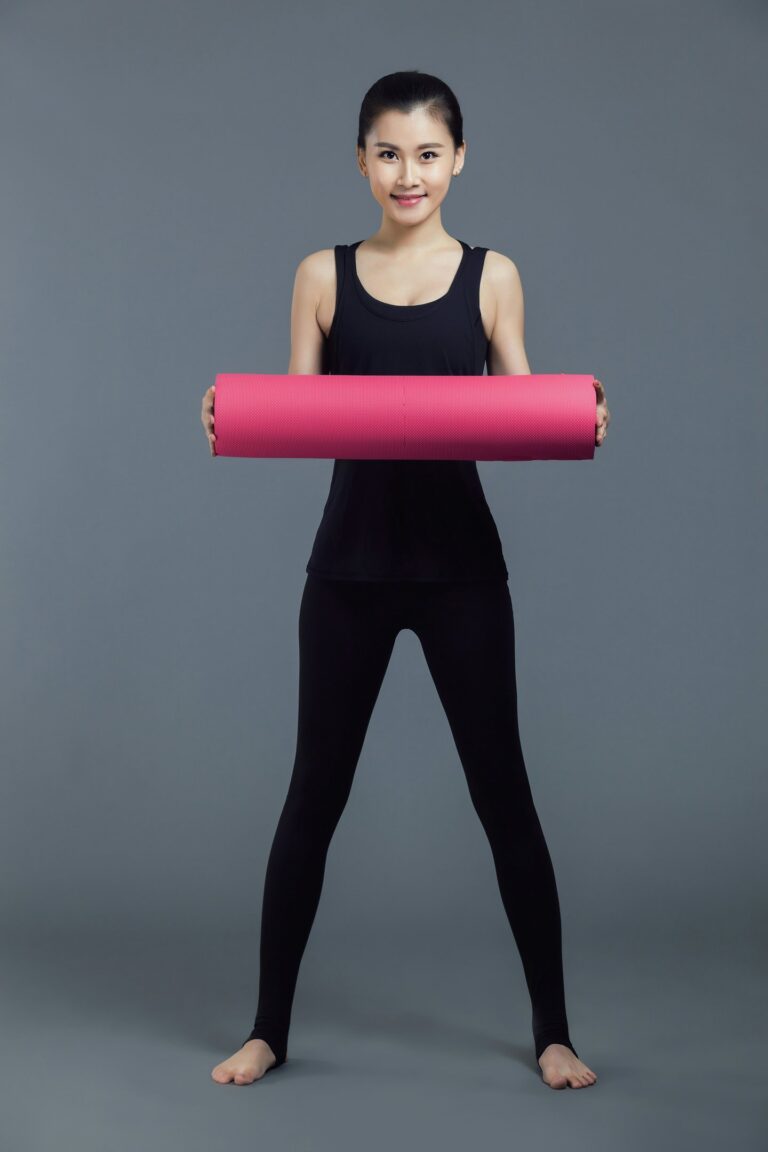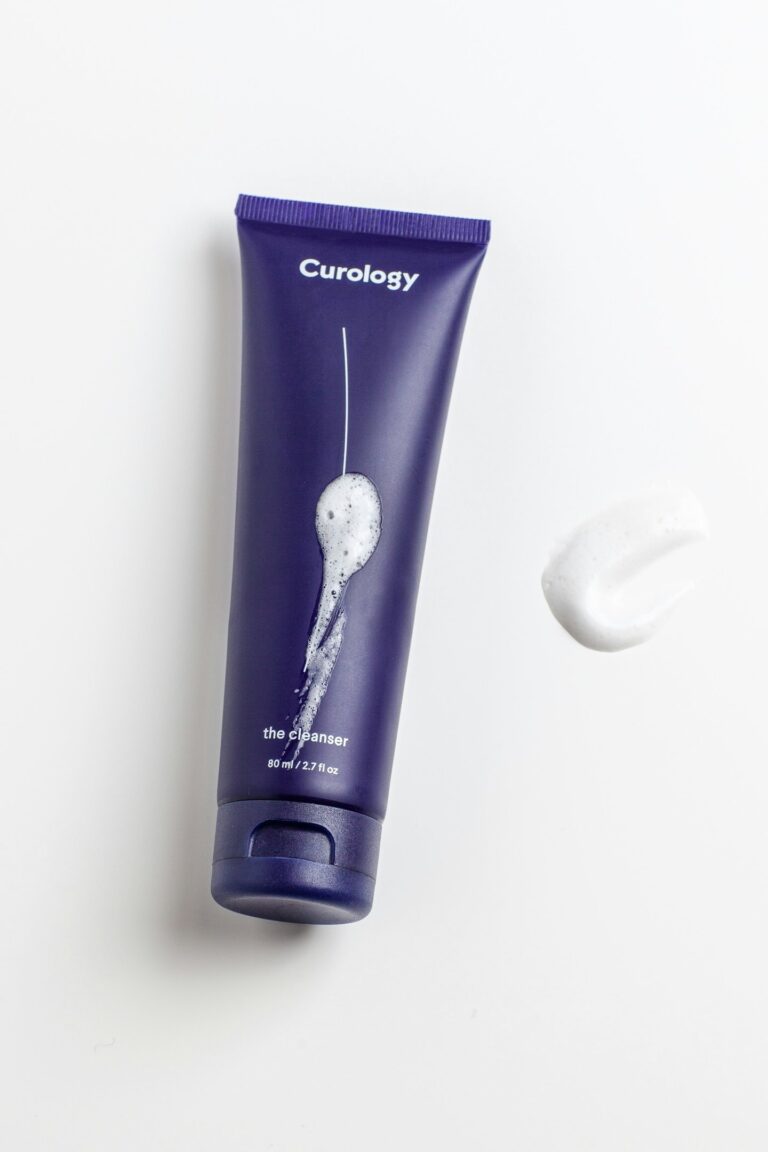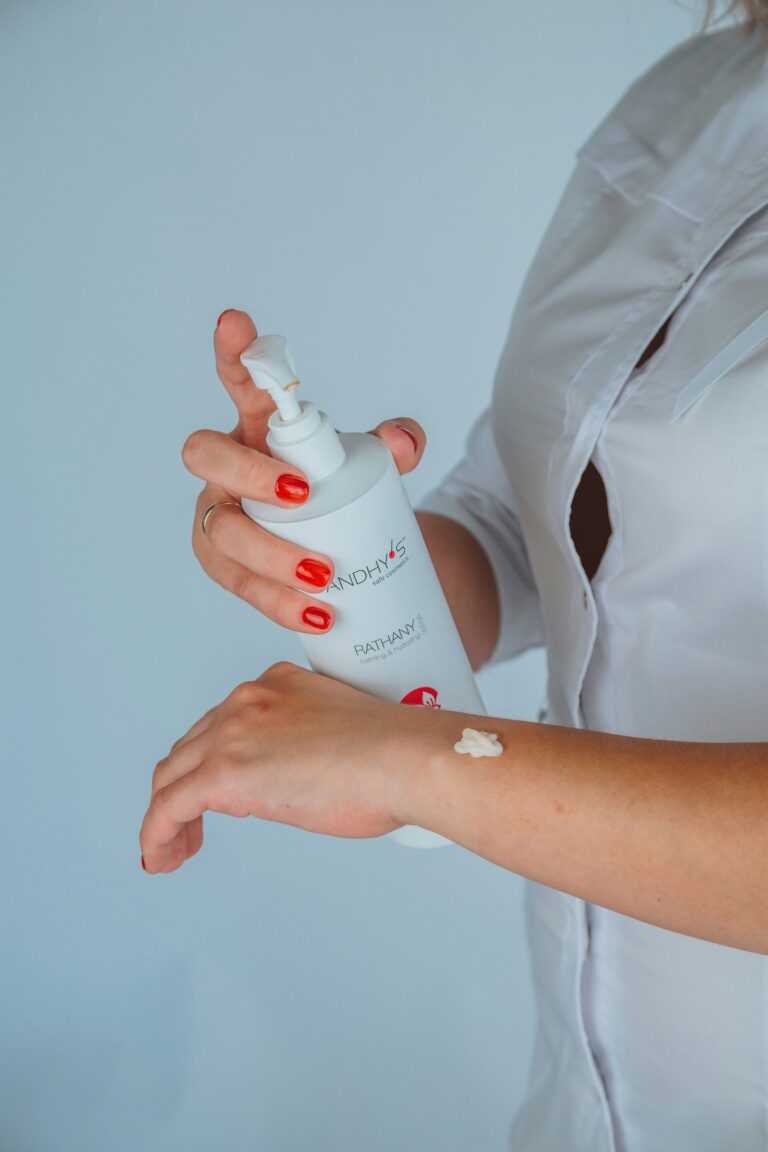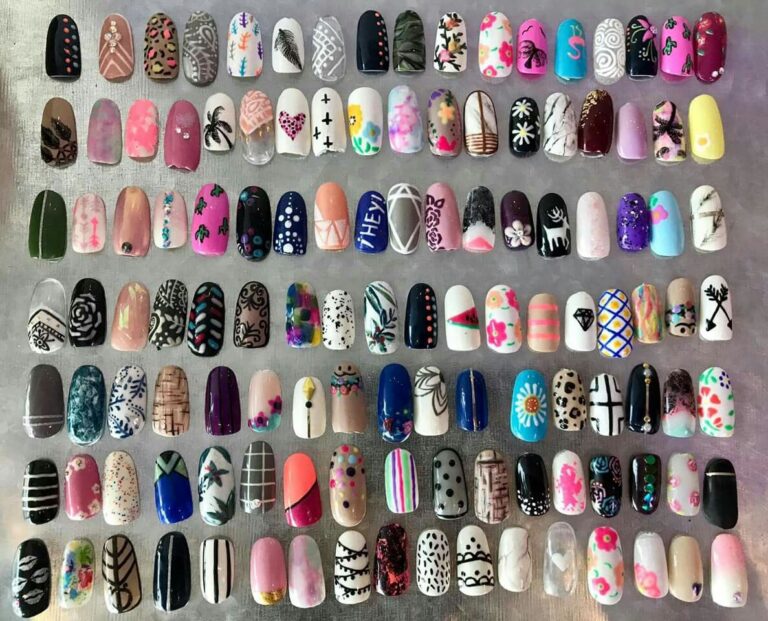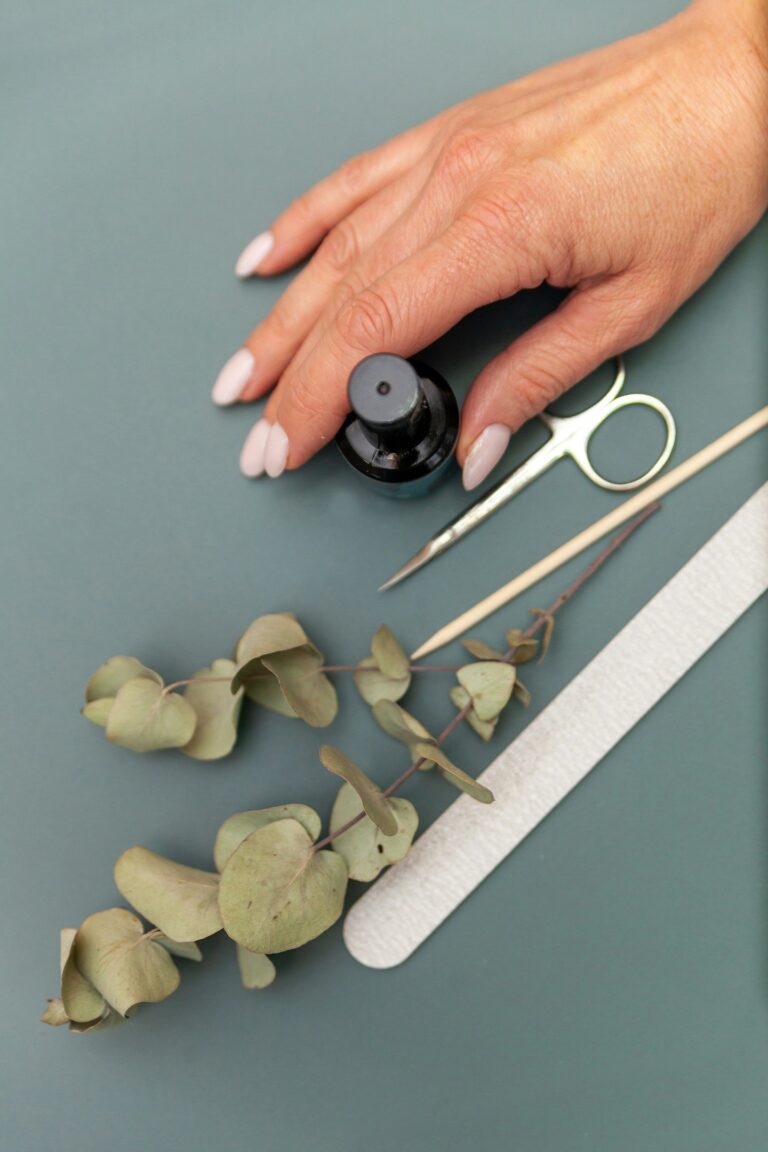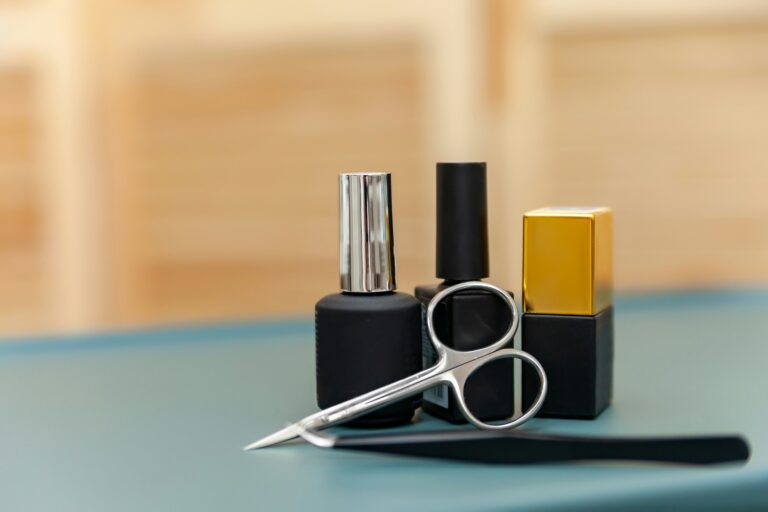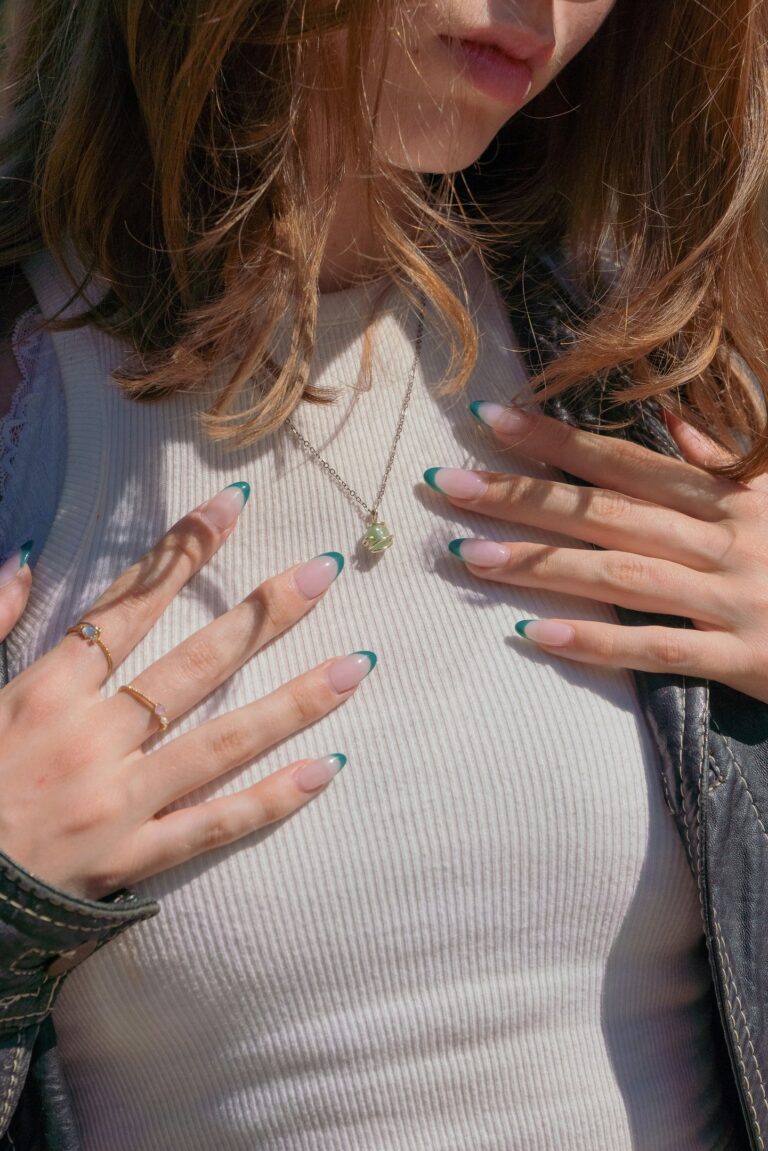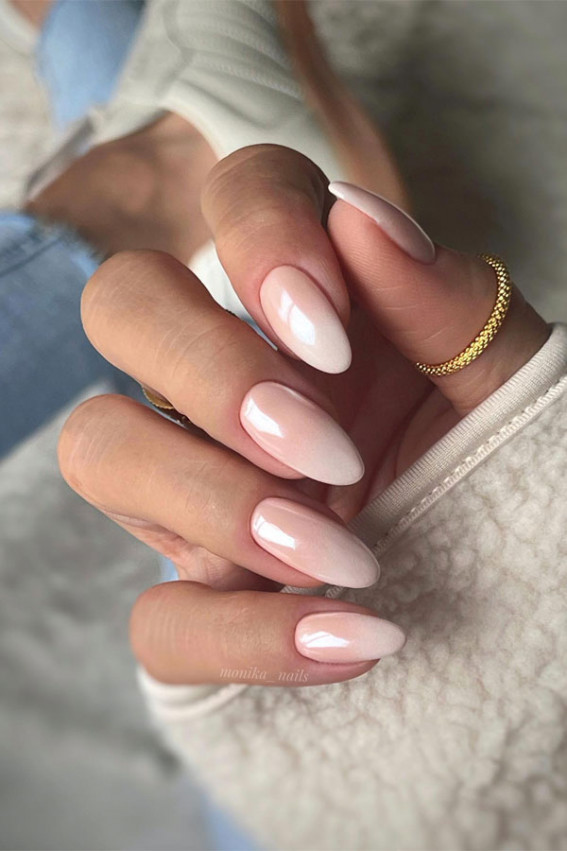
Why Moisturizer Matters (Even When You’re Breaking Out)
There’s this skincare myth that oily or acne-prone skin doesn’t need extra hydration. But the truth is: when your skin is dehydrated, it overcompensates by producing even more oil.
Cue: clogged pores, congestion, and that cycle we all know too well.
Also, if you’re using acne treatments — salicylic acid, benzoyl peroxide, tretinoin — those guys are super effective, but also seriously drying. Without a moisturizer to balance them out, your skin barrier suffers. When the barrier’s mad, everything gets worse.
💧 Try: this gel-cream that hydrates with hyaluronic acid and green tea but feels like nothing on your face.
What to Look for in a Moisturizer for Acne-Prone Skin
If you break out easily, here’s your ingredient wish list:
-
Oil-free or non-comedogenic: These formulas are designed not to clog pores
-
Lightweight textures: Think gels, gel-creams, emulsions
-
Humectants: Like hyaluronic acid, glycerin, or aloe vera that draw in moisture
-
Soothing ingredients: Niacinamide, green tea, centella asiatica (Cica), panthenol
-
Barrier boosters: Ceramides or squalane (yes, squalane is acne-safe!)
🌱 Try: this water-based moisturizer with niacinamide and zinc for oil control without drying you out.
What to Avoid If You’re Acne-Prone
We’re not saying these are evil — but they might be problematic if you’re breakout-prone or already irritated.
🚫 Heavy oils or butters – like coconut oil, cocoa butter, lanolin🚫 Fragrance or essential oils – can be irritating, especially for inflamed skin
🚫 Alcohol-heavy formulas – look for denatured alcohol high on the ingredients list🚫 Occlusive balms (unless your skin is super dry or healing)
If you want hydration without triggering breakouts, go minimalist. Fewer ingredients = fewer chances to freak out your skin.
Lightweight, Acne-Friendly Moisturizers (Our Picks)
You want hydration, not heaviness. These are the kinds of formulas that soak in fast, don’t leave a film, and keep your skin feeling bouncy — not greasy.
🌿 Try: this fragrance-free moisturizer with centella and madecassoside to calm angry skin.
☁️ Try: this whipped gel-cream with aloe and hyaluronic acid — like cloud skincare.
🔬 Try: this dermatologist-tested formula that repairs the skin barrier and reduces redness — no pore-clogging ingredients here.
Night Creams for Acne-Prone Skin (Yes, You Can Have One)
Even acne-prone skin deserves a comforting bedtime moisturizer. And no, you don’t need to reach for a thick, greasy night cream — just something that locks in moisture, especially if you’re using actives.
Look for:
-
Ceramides (strengthens barrier, reduces flakiness)
-
Panthenol (soothes irritation)
-
Low-dose niacinamide (balances oil + reduces inflammation)
🛌 Try: this gentle overnight cream with peptides and squalane — lightweight but deeply restoring.
“Non-Comedogenic” — What It Really Means
You’ve probably seen this word everywhere, but here’s the catch: there’s no strict regulation around the term. It generally means the product shouldn’t clog pores — but not always guaranteed.
That’s why your best bet is checking texture and ingredients. Bonus points if the product was tested on acne-prone or sensitive skin.
Pro tip: If a moisturizer is labeled for “sensitive” or “problem” skin, there’s a better chance it’ll work for breakouts.
🧪 Try: this clinical-tested gel moisturizer that hydrates and calms without a single breakout trigger.
Do Moisturizers Help Prevent Breakouts?
Actually, yes.
-
When your barrier is strong and balanced, your skin can handle more — fewer flare-ups, less redness, and better tolerance to acne treatments.
-
Moisturizers can reduce irritation and flaking that sometimes looks like acne.
-
Hydrated skin heals faster — so that post-breakout redness fades quicker.
💦 Try: this all-in-one recovery cream that hydrates, calms, and supports healing without the cloggy side effects.
Can You Moisturize Too Much?
Not really — but you can use the wrong kind of moisturizer too often. If your moisturizer feels like it’s sitting on top of your skin or making you greasy by mid-day, it might be time to switch formulas.
Your skin should feel:
-
Soft, not sticky
-
Balanced, not oily
-
Calm, not tight
And if it’s getting worse? You’re either overdoing it with too many products, or your skin’s asking for something different.
Final Take: Moisturizer Is Your Acne-BFF (You Just Need the Right One)
We get it — when you’re breaking out, slathering on a cream feels like a bad idea. But the key is choosing moisturizers that support your skin, not suffocate it.
Skip the heavy, the greasy, and the overly complicated. Stick to lightweight hydrators, barrier-boosting ingredients, and calming textures that make your skin feel better (not just look matte for five minutes).

